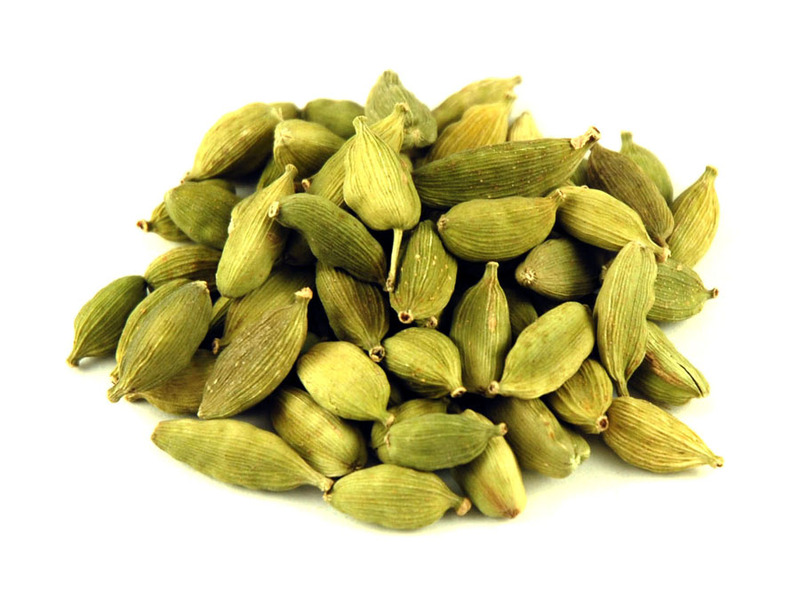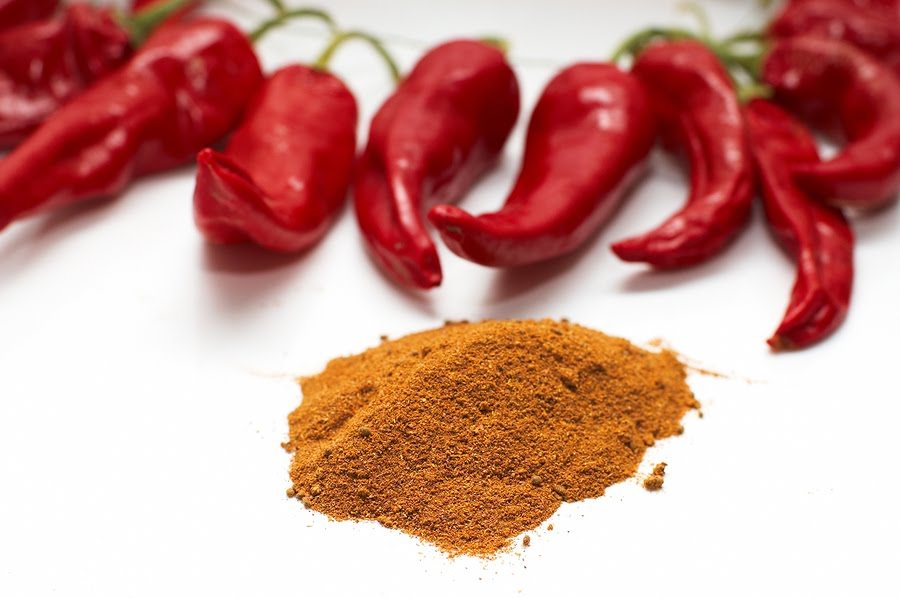The force exerted by the flowing blood on the blood vessel walls is referred to as blood pressure. High blood pressure (HBP) increases the risk of developing heart failure, coronary artery disease, kidney failure and stroke. Approximately 1 in every 3 adults in the USA suffers from HBP. Your physician may prescribe medicines to control your blood pressure in association with performing regular exercise and eating a healthy diet. Certain supplements and herbs such as turmeric may also help in managing blood pressure.

Why Turmeric Can Help Lower Blood Pressure?
Is turmeric beneficial for elevated blood pressure? What is the relation between turmeric and blood pressure? Yes. Turmeric or Curcuma longa has an ingredient called curcumin, which has strong antioxidant, anti-clotting and anti-inflammatory properties. It also helps in lowering levels of blood cholesterol. It preserves the health of blood vessels by protecting them from free radical damage and allows smoother blood flow.
Curcumin also dilates arteries. According to researchers, curcumin prevents the transport of calcium that helps in the contraction of muscle cells, thereby, causing dilatation of the arteries. Hence, turmeric is a useful remedy for elevated blood pressure.
How to Use Turmeric to Lower Blood Pressure
Turmeric is usually considered safe to consume. However, consuming large quantities of turmeric can cause stomach problems including ulcers. Hence, you should consult your physician to know about the acceptable dose and not try to self medicate.
The dose of turmeric depends on the formulation and the severity of the problem.
1. Fresh Roots of Turmeric and Blood Pressure
They are an excellent addition to diet; however, a therapeutic effect is difficult to occur due to the limited quantities of roots you eat.
Recommended dose: ½” long or 1-3 g of root chopped or sliced. You may also take out its juice and consume it with a pinch of ground black pepper. You can consume the juice along with other fresh juices or take it individually. Golden paste can also be made from fresh roots of turmeric.
2. Turmeric Powder
1 tsp. of turmeric powder is sufficient in cooking. If you are consuming it with black pepper, then you should take 1-2 g of powdered turmeric with a pinch of ground black pepper. Begin with small doses and increase the dose gradually. The maximum dose is 1 tsp. of powdered turmeric with ¼ tsp. of ground black pepper three times a day. Do not take it on empty stomach.
3. Golden Paste
Golden paste is a combination of black pepper, healthy fats and heat to increase absorption of turmeric. It is recommended to consume it after meals and avoid consuming it with other medicines. Begin by consuming small doses (¼-½ tsp.) and if there are no side effects, then gradually increase the dose by ¼tsp. each week. Continue increasing till you reach a dose of 1 tsp. thrice daily. Maximum dose is 1 tbsp 2-3 times each day if you do not have any adverse gastric effects.
4. Tincture of Turmeric and Blood Pressure
Tinctures of turmeric are considered very beneficial as they are highly potent. You should consult an herbalist for this. You can take 10-30 drops twice or thrice daily. It may be added to juices, smoothies or teas. Maximum dose is 20-30 drops thrice daily.
5. Turmeric Tea
Turmeric tea is an excellent option for people who love tea and do not like the taste of paste of turmeric. Recommended intake is one to two cups of tea per day.
6. Turmeric Milk
Recommended intake for turmeric milk is 1-2 cups per day.
7. Turmeric Supplements
The dose recommended for turmeric supplements is 300-400 mg twice or thrice a day for 95% extract of curcumin. However, according to the formulation the dose would be different. Hence, you should consult a physician before consuming supplements of turmeric. Do not take supplements on empty stomach and with other medicines.
Precautions
- It is absolutely safe to consume turmeric with diet. However, care should be taken while consuming turmeric supplements. If you have a bleeding disorder, consult your physician or a naturopath before consuming turmeric.
- Avoid turmeric supplements if you are pregnant or breastfeeding. Turmeric supplements should be discontinued two weeks before surgery.
- Avoid turmeric supplements if you have obstruction of gall bladder.
- Turmeric may have interaction with certain drugs such as diabetes medicines, drugs reducing stomach acid, blood thinners etc. Don’t take turmeric supplements at the time of taking medicines.
- Limit your intake of turmeric if you are having kidney stones or gout.
Other Spices That May Help Control Blood Pressure
After discussing turmeric and blood pressure, let’s discuss other spices that may help control blood pressure.
1. Garlic

Garlic has allicin, which has antioxidant, antibacterial, anti-hypertensive and lipid-lowering properties. Garlic reduces blood pressure by relaxing and dilating your blood vessels. Fresh garlic is more potent in protecting heart in comparison to processed garlic. The recommended dose is 4 cloves (around 4 g) a day to reduce your blood pressure. You can also take a supplement of garlic (500 mg daily).
2. Cardamom

Significant decrease in the blood pressure of participants who were on powdered cardamom daily for many months was noticed. Cardamom can be included as powder or seeds in soups, spice rubs, stews and in baked dishes.
3. Cinnamon

It not only helps treat diabetes but also prevents cardiovascular disease. In patients suffering from diabetes, consuming ¼ to 1 tsp. of cinnamon daily has been found to reduce blood pressure. Sprinkle it on your oats, in your coffee or add to curries, stews or stir-fries.
4. Ginger

Ginger may reduce blood pressure as it improves blood circulation and causes relaxation of blood vessels. You can add it to soups, stir-fries or vegetable dishes or make ginger tea.
5. Cayenne Pepper

The key ingredient in cayenne pepper is capsaicin. It is the active ingredient of various OTC hot creams used for muscle and joint pain. Capsaicin reduces blood pressure naturally and supplements heart health. Add this spice to your meals one or two times in a week to reduce your blood pressure.
